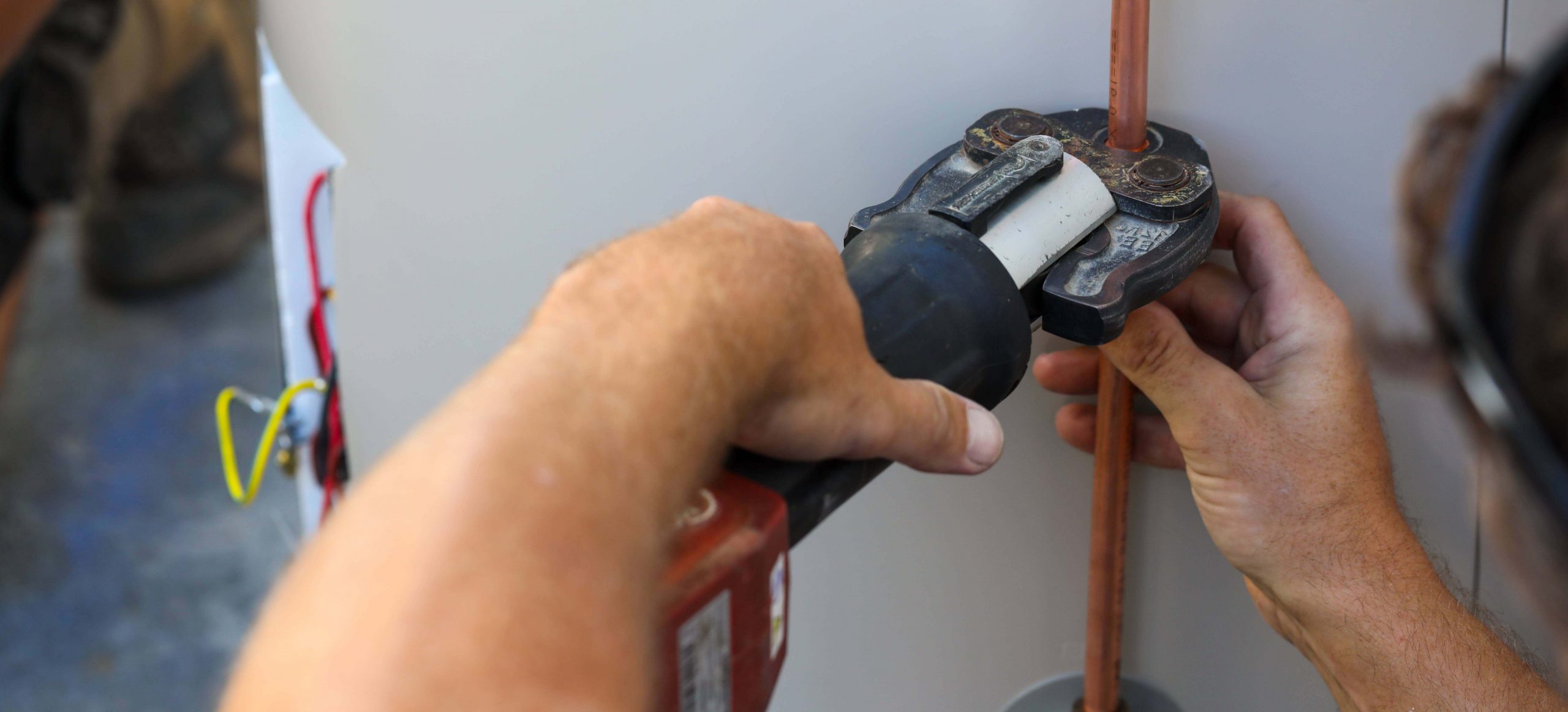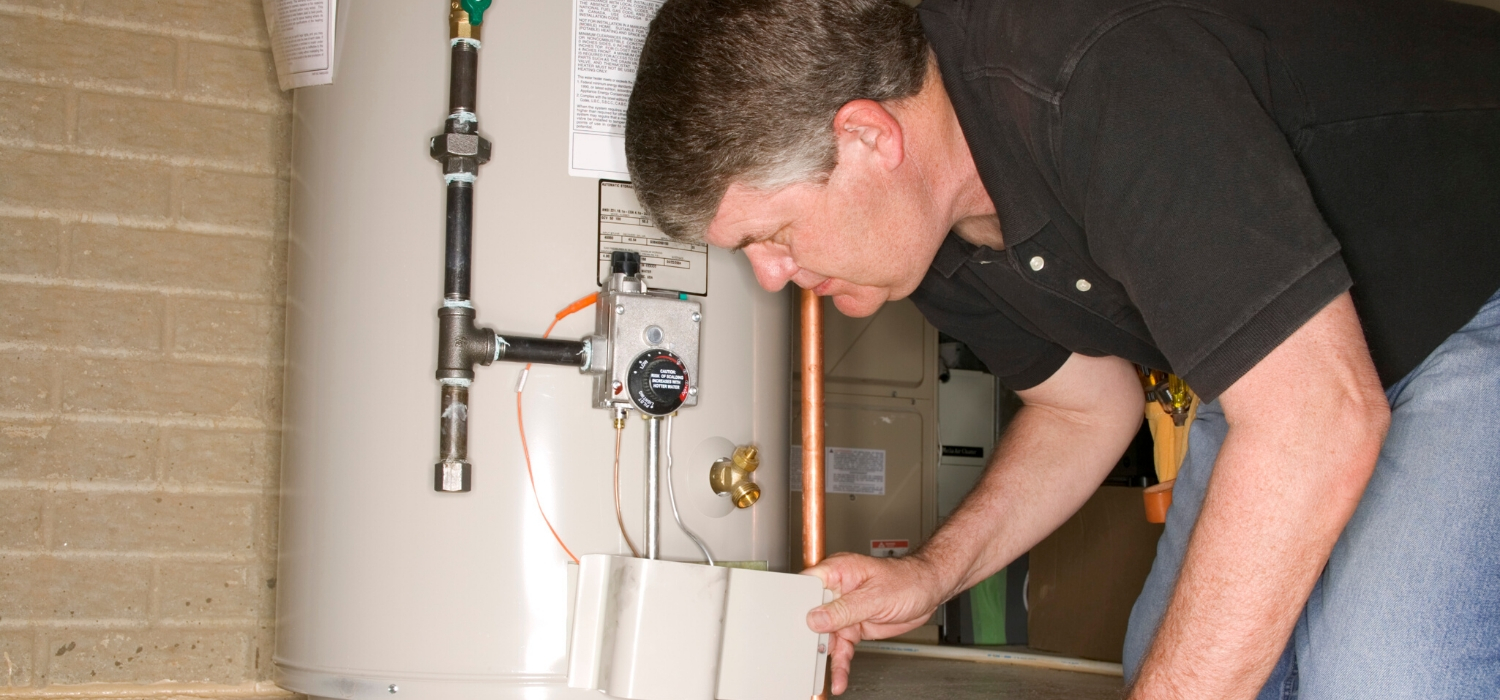This great article below pertaining to Common Hot Water Heater Problems is rather enjoyable. Don't miss out on it.

A hot water heater is among the most important basic devices that can be found in a residence. With water heaters, you do not need to go through the anxiety of heating water by hand every single time there is a requirement to take a bath, do the laundry, or the meals. There is constantly a possibility that your water heating unit would certainly act up as with the majority of mechanical gadgets.
It is necessary to note any type of little malfunction and also tackle it quickly prior to things leave hand. The majority of times, your hot water heater begins to malfunction when there is an accumulation of debris as a result of continuous usage. As a preventative measure, periodic flushing of your hot water heater is suggested to prevent debris build-up as well as protect against useful failure.
Typical water heater emergencies and how to handle them
Inadequate warm water
Dealing with an insufficient supply of hot water can be discouraging. It may be that the water heater can't support the hot water need for your home. To manage this issue, you might try to change your heating unit's temperature level dial and also await a couple of mins. If the trouble persists, you can request for the help of an expert plumber. You can upgrade your water heating unit to one with a larger capability.
Varying water temperature.
Your hot water heater might start generating water of various temperatures usually ice hot or chilly hot. In this circumstance, the first thing you do is to make certain that the temperature level is set to the preferred level. If after doing this, the water temperature level keeps altering during showers or other tasks, you may have a malfunctioning thermostat. There may be a requirement to change either the thermostat or the heating system of your hot water heater.
Leaking hot water heater tank.
A dripping tank could be a sign of deterioration. It could create damage to the floor, wall surface and electric devices around it. You could even be at danger of having your apartment swamped. In this scenario, you ought to switch off your water heater, allow it to cool down, and meticulously try to find the resource of the problem. At times, all you need to do is to tighten up a few screws or pipe links in cases of minor leakages. If this does not function as well as the leakage lingers, you could need to use the services of a service technician for an appropriate replacement.
Blemished or stinky water
You require to recognize if the concern is from the water or the container resource when this occurs. If there is no funny smell when you run cold water, then you are particular that it is your hot water heater that is defective. The smelly water can be caused by rust or the accumulation of germs or sediments in the hot water heater tank. You can attempt flushing out your storage tank or replacing the anode if the problem lingers when you see this. The function of the anode is to clean out microorganisms from your container. Given that the anode rod substitute calls for an extensive understanding of your water heating unit, you will require the help of a specialist.
Verdict
Some property owners neglect little caution and also minor faults in their water heater system. This just leads to additional damage as well as a possible complete break down of your appliance. You should take care of your water heater mistakes as quickly as they come up to avoid even more expenditures as well as unneeded emergency problems.
With water heating units, you do not need to go with the anxiety of heating water manually every time there is a demand to take a bath, do the laundry, or the dishes. It might be that the water heater can't support the warm water demand for your home. Your water heating system can start producing water of various temperatures typically ice chilly or scalding hot. If there is no amusing scent when you run cool water, then you are particular that it is your water heating system that is damaged. The stinky water can be caused by corrosion or the build-up of microorganisms or sediments in the water heating system storage tank.
Water Heater Burst: Why This Happens And What To Do Next
Water Heater Explosion Warning Signs
Since storage water heaters are made of metal and store large volumes of heated water, they carry an increased risk of leaking or even exploding as they begin to rust at the fittings and seams over time. If the thermostat controlling the water temperature within the tank is faulty, or if mineral buildup inside the water heater prevents the thermostat from sensing the water’s temperature correctly, the water could become overheated. This will expand its volume within the tank, causing it to press at the tank’s fittings and seams. If these fittings and seams are rusted or corroded, the pressure could result in a leak or even an explosion.
Here are some risk factors and warning signs of an increased risk of water heater leak or explosion:
Your water heater is more than 10 years old. Your water heater makes clanking, banging or rumbling noises as it heats up, indicating that sediment has built up and hardened inside the tank. There is visible rust on the outside of the water heater, especially located at the pipe fittings or the seams that run down the tank. There is rusty water coming from your water heater, indicating that there may be rust building up inside. Your water heater is leaking, which could indicate either a crack somewhere in the tank or a malfunctioning temperature-and-pressure (T&P) relief valve. What To Do When Water Heater Leaks
If you find water dripping or seeping out of your water heater, or pooling around it, it means your water heater is leaking. If you find a leak, it may be best to call a plumbing professional to diagnose the problem and determine how best to handle it. If you choose to tackle it on your own, there are a few things you can do.
TURN OFF THE POWER
Next, shut off the power to the hot water tank at your home’s electrical breaker box. If you don’t shut off the power, the heating elements within the tank could continue to stay hot, which could pose a fire risk.
If you have a gas-powered water heater, you’ll also need to shut off the gas line leading into the tank.
FIND THE LEAK
Now it’s time to determine where the leak is coming from. Likely locations are the T&P valve, the drain valve or one of the pipes or fittings that feed into the top of the tank. If you see any rust or corrosion on the outside of your water heater’s tank, pipes or fittings, these could also be the source of the leak.
REPAIR THE LEAK
Once you determine the source of your water heater leak, you’ll have a better idea of what steps you need to take to fix the problem. It may be a simple fix—such as using a wrench to tighten fittings or replacing the T&P valve—but it may be something more complicated. You may even need to drain the tank, remove the water heater and install a new one.
https://www.abchomeandcommercial.com/blog/water-heater-burst/

As a fervent person who reads about The Importance of Water Heater Maintenance, I thought sharing that article post was really useful. Do you know another individual who is involved in the topic? Do not hesitate to promote it. I truly appreciate reading our article about Warning Signs You Need Water Heater Repairs.
Get Quote Now